At the end of a series of closed-door briefings and meetings with the congressional committees of jurisdiction—after repeatedly admonishing all who would listen that its final decision wasn’t really final—the Obama Administration has finally stated its position on F-16 sales to Taiwan.
It turns out that the Administration is, in fact, going to follow the very game plan that rumors had indicated since late in the spring: Upgrade Taiwan’s F-16 A/Bs (now 20 years old) as part of a new arms package, but not sell the island any F-16 C/Ds (to replace F-5s that are nearly 40 years old, two of which crashed this past week).
One has to wonder why the Administration has taken so long to reach a decision that many observers had seen as a foregone conclusion, i.e., refusing to sell more advanced fighter aircraft to Taiwan. Indeed, by waiting until this week to even hint at a decision, the Administration ran afoul of the long-delayed Department of Defense report on Chinese military capabilities, which emphasizes that the PLA remains focused on Taiwan, and the cross-straits balance is deteriorating in Beijing’s favor. Promises that it will make a formal announcement soon run the risk that it will occur amidst commemorations of PRC National Day and the 100th anniversary of the founding of the Republic of China (October 1 and 10, respectively), further alienating both Taipei and Beijing.
Was it hoping to gain Chinese acquiescence to an upgrade deal? Chinese officials have already warned of a backlash from the upgrade deal. This was always going to be the case, since Beijing has long made it clear that it sees any and all arms sales as fundamentally illegitimate. This would be like hoping that the Chinese would accept Presidential meetings with the Dalai Lama if they were sprung at the last minute.
Such a move certainly doesn’t help President Ma Ying-jeou, who has repeatedly asked for F-16 C/Ds, making it clear that the island’s defense requires them. His reelection efforts are likely to be hurt if he is seen as unable to secure American support. Perhaps this is why the White House chose this week to meddle in the Taiwan election. A “senior U.S. government official” leaked highly negative views on Democratic Progressive Party (DPP) candidate Tsai Ing-wen to the Financial Times, implying that the Administration didn’t want to see Tsai win, as it would raise tensions with China.
Not only is this a wholly improper attempt to influence political outcomes in a friendly democracy, but it also provides an indication of just how far the Administration is prepared to go not to rile Beijing. From avoiding carrier deployments to areas the Chinese claim as their own (such as the wishy-washiness about deploying the USS George Washington carrier battle group to the international waters of the Yellow Sea in 2010) to selling fighters to undercutting opposition parties in elections, it would appear that the Administration will go to extraordinary lengths to placate Beijing.
Thus, the Administration succeeds in alienating both sides of the political fence on Taiwan, undercutting the security of the island, and alienating Beijing (which has never acquiesced to arms sales of any sort). For the sake of American credibility, the Administration should explain just what it is up to.


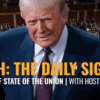

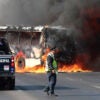
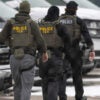
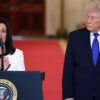
























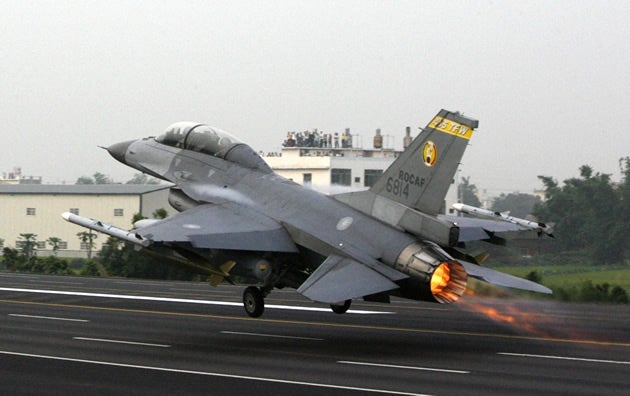
2 Replies to “Administration Position on Taiwan F-16s Alienates All Sides”